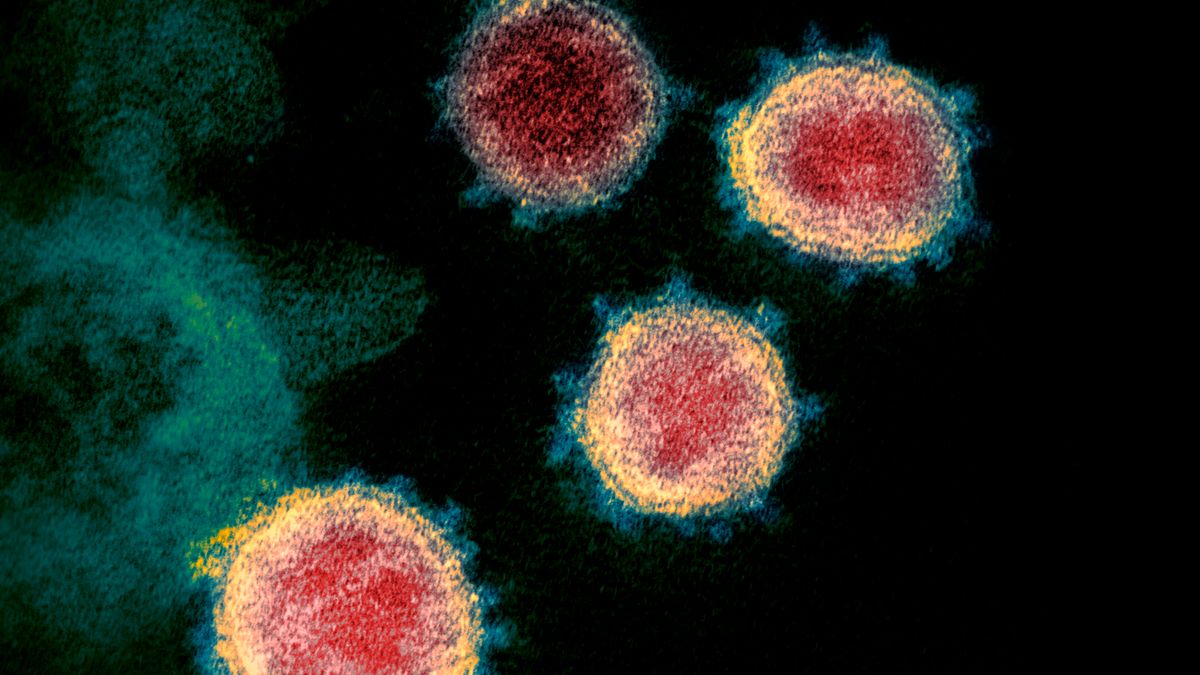
Coronavirus: Große Antikörperstudie soll Immunität der Deutschen gegen Covid-19 feststellen
Wer immun gegen das Coronavirus ist, kann vermutlich wieder zur Arbeit gehen und ein normales Leben führen. Forscher wollen nach SPIEGEL-Informationen nun testen, wie viele Menschen bereits an Covid-19 erkrankt waren.
Germany is for national testing on Covid-19 and for the immune to return to work and normal life
It's about conducting a nationwide large-scale test that will identify antibodies to the new coronavirus present in every citizen's body, so that two large groups are distinguished: those who are still at risk of infection and those who are immune, according to Der Spiegel. The latter would receive from the authorities a kind of "pass" that would allow them to gradually re-enter their jobs abandoned because of Covid-19.
According to SPIEGEL information, a large study is in preparation in Germany to investigate how many people have already become immune to Covid-19 after undergoing an infection.
The study is to be coordinated by the epidemiologist Gérard Krause from the Helmholtz Center for Infection Research in Braunschweig, the German Center for Infection Research, the blood donation services, the NAKO Health Study, the Robert Koch Institute and the Institute for Virology at the Berlin Charité are also involved.
The project has not yet been finally approved, but the researchers hope to be able to test the blood of more than 100,000 subjects for antibodies against the Covid-19 pathogen from April. The test should be repeated at regular intervals to monitor the progress of the pandemic.
The scientists want to find out how far Sars-CoV-2 has already spread and how many infected people it actually kills. The results of the study will make it easier to decide when to reopen schools and allow major events. If everything goes according to plan, the first results will be available at the end of April.
However, the tests currently available sometimes also work with harmless coronaviruses against which 90 percent of adults carry antibodies. The researchers hope for a more precise test procedure in two to three months. Then it could be determined more reliably whether someone is still at risk from Sars-CoV-2 and can infect others or not.
"The immune person could be given a type of vaccination card that, for example, allows them to be exempted from restrictions on their work," says epidemiologist Krause.

